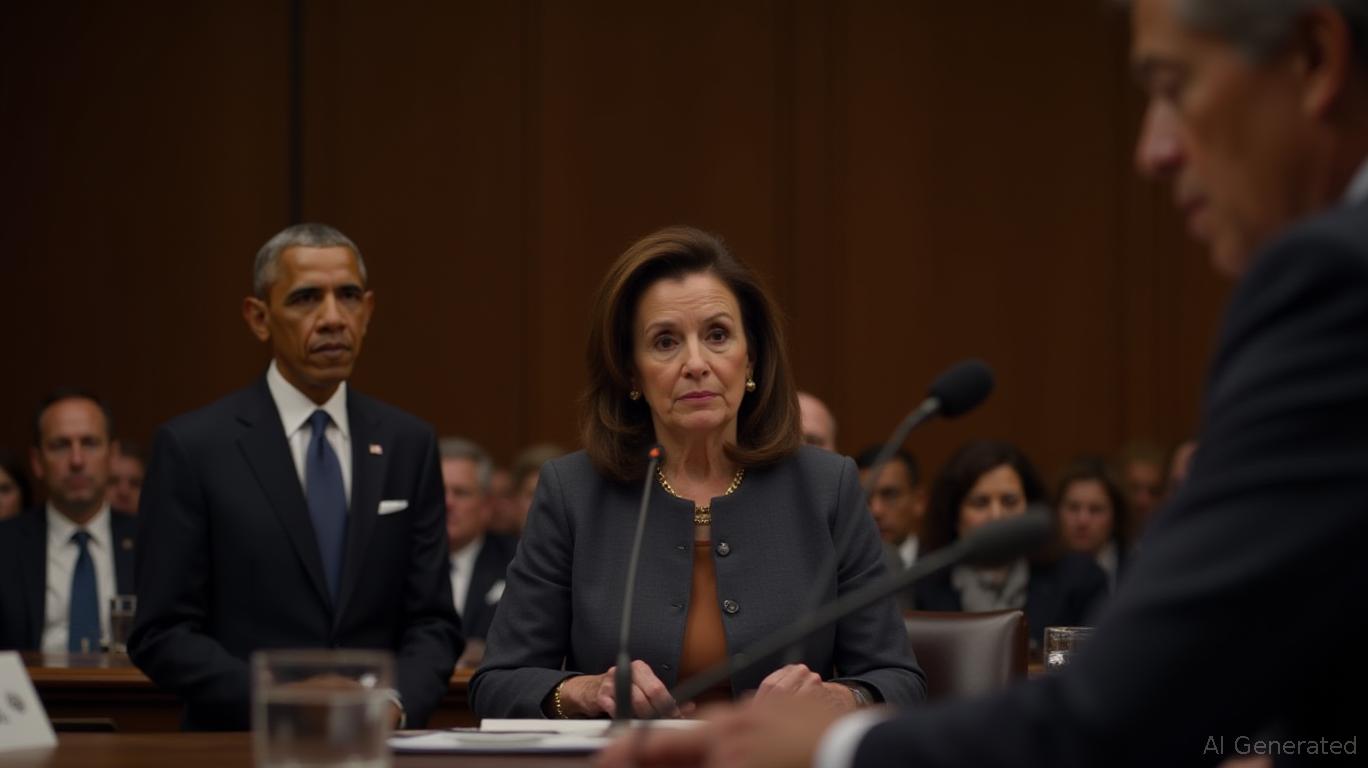Zero Knowledge Proof (ZKP) has emerged as a powerful new entrant in the conversation surrounding artificial intelligence and decentralized systems. The growing demand for computational efficiency, privacy protection, and verifiable performance in AI ecosystems has revealed the limitations of centralized infrastructure. Traditional systems struggle to balance data control, scalability, and user trust, creating an urgent need for solutions that can meet the demands of a distributed future. Zero Knowledge Proof (ZKP) aims to bridge this gap by introducing a dual-layer model that addresses these challenges directly while maintaining transparency and security.
Building Performance Through Dual Consensus
At the foundation of Zero Knowledge Proof (ZKP) lies its innovative dual consensus system, which integrates Proof of Intelligence (PoI) and Proof of Space (PoSp). This structure ensures that both computational and storage contributions are verified and rewarded, creating a balanced and efficient ecosystem. Proof of Intelligence focuses on validating the work done by nodes performing AI computations, ensuring that only meaningful contributions are recognized within the network.
In parallel, Proof of Space verifies storage availability, ensuring that data remains secure, accessible, and distributed across participants. By combining these mechanisms, Zero Knowledge Proof (ZKP) creates a merit-based network that promotes equal participation while maintaining high performance. This allows AI tasks to be processed more efficiently, avoiding the bottlenecks typically associated with centralized computing environments.

Preserving Data Integrity and Intellectual Property
Data ownership and privacy protection have become central to discussions around AI. Zero Knowledge Proof (ZKP) addresses these issues by implementing privacy-preserving verification methods that allow computations to be validated without exposing underlying data. Using advanced cryptographic methods such as zk-SNARKs and zk-STARKs, the system ensures that sensitive information, including proprietary models and user data, remains confidential throughout the computational process.
This architecture supports secure collaboration between developers, enterprises, and individuals without compromising intellectual property or data sovereignty. Through Zero Knowledge Proof (ZKP), AI models can be trained, verified, and monetized within a decentralized environment where trust and transparency coexist. This creates opportunities for organizations to engage in shared innovation without the fear of data breaches or theft.
A Marketplace for Decentralized AI Collaboration
A key component of the Zero Knowledge Proof (ZKP) ecosystem is its decentralized data marketplace. This marketplace is designed to enable secure data sharing and monetization in a way that ensures fairness for all contributors. Data providers, developers, and AI operators can participate in the network, offering their resources and expertise while maintaining ownership of their intellectual property.
Every transaction within the marketplace is private yet verifiable, thanks to the project’s cryptographic foundation. This system eliminates the need for intermediaries while ensuring that all data exchanges are auditable and secure. It represents a significant step toward a fairer digital economy, where both large and small participants can contribute and benefit equally.
Zero Knowledge Proof (ZKP) also addresses scalability and performance challenges that have limited similar decentralized systems. By integrating off-chain storage solutions and modular architecture, it ensures that the network can grow efficiently while maintaining stability. This allows the ecosystem to handle increasing AI workloads without compromising data integrity or computation speed.
Closing Analysis
Zero Knowledge Proof (ZKP) stands at the intersection of AI innovation and blockchain development, introducing a model designed to balance computational efficiency with user privacy. Its dual consensus system, combining Proof of Intelligence and Proof of Space, represents a new standard for how distributed compute networks can operate. By prioritizing verifiable performance and fairness, it has the potential to set benchmarks for decentralized AI frameworks worldwide.


